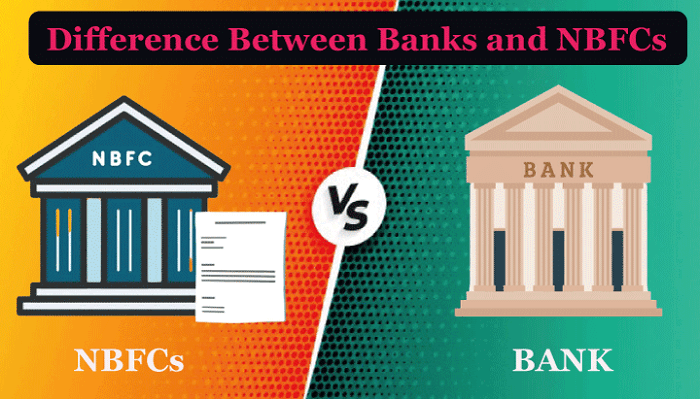Understanding Thai Tax Law: An Overview for Businesses
Navigating the intricacies of Thai tax law can be a daunting task for businesses operating in Thailand. With various tax types, regulations, and compliance requirements, it is essential for companies to understand the landscape to optimize their tax planning strategies. This article breaks down the key components of Thai tax law, including corporate tax, personal income tax, VAT, and other relevant regulations.
1. Corporate Tax in Thailand
Overview of Corporate Income Tax Regulations
Corporate income tax (CIT) in Thailand is levied on companies and partnerships conducting business within the country or deriving income from activities in Thailand. The standard corporate tax rate is 20% on net profits; however, specific rates apply based on company size and type.
- Tax Rates for Small Companies:
- Companies with paid-up capital not exceeding 5 million baht and total revenue from sales not exceeding 30 million baht are subject to reduced rates:
- 0% on net profits up to 300,000 baht
- 15% on net profits between 300,001 baht and 3 million baht
- 20% on net profits over 3 million baht
- Companies with paid-up capital not exceeding 5 million baht and total revenue from sales not exceeding 30 million baht are subject to reduced rates:
Special Considerations for Foreign Companies
Foreign companies conducting business in Thailand or earning income from Thai sources are also subject to CIT. The tax rate varies based on the nature of the income:
- 10% on dividends received from Thailand
- 15% on other types of income (e.g., royalties, interest)
2. Personal Income Tax in Thailand
Understanding Personal Income Tax Regulations
Personal income tax (PIT) applies to individuals earning income in Thailand, including both residents and non-residents. The tax is progressive, with rates ranging from 0% to 35% based on annual income.
- Income Tax Brackets:
- 0% for annual income up to 300,000 baht
- 15% for income between 300,001 baht and 500,000 baht
- 35% for income over 4 million baht
Filing Requirements
Individuals must file their personal income tax returns by March 31 of the following year. Employers are required to withhold taxes from employees’ salaries and remit them to the Revenue Department.
3. Value Added Tax (VAT) in Thailand
Overview of VAT Regulations
Value Added Tax (VAT) is a consumption tax levied on goods and services in Thailand at a standard rate of 7%. Businesses with annual revenue exceeding 1.8 million baht are required to register for VAT.
- VAT Registration:
- Registered businesses must charge VAT on sales and can claim input VAT on purchases related to their business operations.
Compliance Obligations
Businesses must file monthly VAT returns and remit the collected VAT to the Revenue Department by the 15th day of the following month.
4. Other Relevant Taxes and Regulations
Specific Business Tax (SBT)
In addition to corporate tax and VAT, certain businesses may be subject to Specific Business Tax (SBT), which applies to specific activities such as banking, finance, and real estate transactions. The SBT rate varies depending on the type of business activity.
- SBT Rates:
- Generally ranges from 3% to 30%, depending on the nature of the business.
Stamp Duty
Stamp duty is applicable to certain documents and transactions in Thailand, such as contracts and agreements. The rates vary depending on the type of document but typically range from 0.1% to 0.5% of the transaction value.
Effective Tax Planning in Thailand
Understanding Thai tax law is crucial for businesses operating in Thailand to ensure compliance and optimize their financial strategies. By familiarizing themselves with corporate tax, personal income tax, VAT, and other relevant regulations, companies can navigate the complexities of the Thai taxation system effectively. Engaging with local tax professionals can further enhance understanding and assist businesses in implementing effective tax planning strategies tailored to their specific needs.









